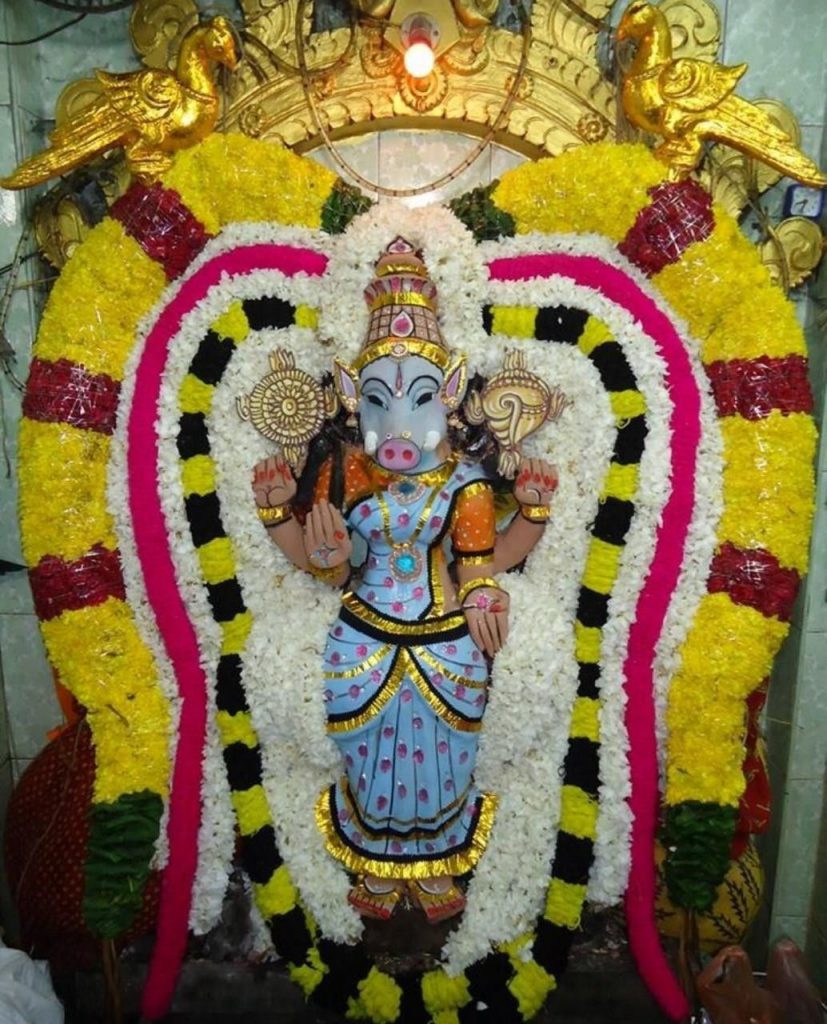Baghdad - A Glimpse into its Rich Past
Baghdad, the capital city of Iraq, has a long history dating back over a thousand years. Despite facing numerous challenges in recent decades, the historic sites in Baghdad still offer visitors a glimpse into its rich cultural past. Some of the top attractions include the iconic Al-Mustansiriya University, one of the oldest universities in the world which was established in 1233 AD. Visitors can explore its vast libraries and learning centers that have shaped education for centuries. Another notable site is the Abbasid Palace complex, which dates back to the Abbasid Caliphate that ruled Baghdad as its capital city in the 9th century AD. Wandering through its ruins allows one to imagine the grandeur and lavishness of this once powerful empire. Last but not least is the National Museum of Iraq, home to artifacts from ancient Sumerian, Assyrian, and Babylonian civilizations. The museum suffered damage and looting in 2003 but reconstruction efforts are underway to restore its collections chronicling Iraq’s impressive ancient cultural heritage.
Erbil - A Vibrant Blend of History and Modernity
The capital of the Kurdistan Region of Iraq, Erbil is located approximately 350 kilometers north of Baghdad. Known historically as Hawler, the city is characterized by its unique blend of traditional architecture and modern urban developments. Its most iconic landmark is the ancient Erbil Citadel, which has been continually inhabited for over 6000 years, making it one of the oldest inhabited settlements in the world. Wandering through its maze of alleyways topped with traditional beehive houses, one gets a glimpse into rural Kurdish village life within a bustling metropolitan area. Other worthwhile attractions include the Kurdistan Museum exhibits on regional culture and history, as well as the vibrant markets in the old souq selling everything from fresh produce and spices to hand-crafted pottery and textiles. Erbil’s thriving modern areas with shopping malls and high-rises demonstrate how traditions are preserved alongside progress.

Mosul - Historical and Cultural Center of Northern Iraq
Located on the Tigris River about 400 kilometers north of Baghdad, Mosul is a significant city with over 2000 years of history. As the second largest city in Iraq, Mosul served as a major cultural and economic center of northern Mesopotamia for centuries under various rulers and empires. Its most iconic landmark is the Great Mosque of al-Nuri and its 12th century leaning minaret featured prominently on Mosul’s city emblems prior to its destruction by ISIS in 2017. Efforts are now underway to reconstruct this internationally significant heritage site symbolic of Mosul’s identity. Other historical sites of interest include the centuries old Al-Masfi Mosque on Bajar Square and Mosul Museum housing artifacts from the Neolithic to Parthian eras. While parts of Mosul suffered damage from recent conflicts, the resilience of its people and rich cultural legacy promises the city will revive as a vibrant economic and academic hub once more.
Najaf - Spiritual Heart of Shia Islam
Located about 160 kilometers south of Baghdad, Najaf is one of the holiest cities in Shia Islam where millions make pilgrimage each year. At its heart is the magnificent Imam Ali Shrine, housing the tomb of Caliph Ali bin Abi Talib, beloved son-in-law of Prophet Muhammad. With its exquisite golden dome and intricate tilework, the shrine surrounded by seminaries epitomizes Najaf’s status as the worldwide spiritual center for Shia theological study. Beyond religion, Najaf has a distinguished heritage as a major hub of Arabic and Persian culture. Its History Museum and numerous libraries house rare manuscripts and artifacts shedding light on intellectual achievements dating back to early Islamic civilizations. Strolling through its bustling markets and tranquil gardens, one senses the deep reverence that imbues this pious city, a must visit for those seeking to understand Islam’s influence on regional identities.
Babylonian Ruins Render History Tangible
Situated 80 kilometers south of Baghdad along the Euphrates River, Babylon exemplifies how archaeological discoveries can bring the distant past to life. Famed as the biblical “Tower of Babel”, the ruins here transport visitors back to the former glory of the ancient Mesopotamian empires over 4000 years ago. Top attractions include the reconstructed Ishtar Gate and Processional Way, adorned with glazed blue bricks and lamassu figures. Perhaps most remarkable are the foundations of the Hanging Gardens, one of the Seven Wonders of the Ancient World. Elsewhere around the vast ruins, discernible remnants of palaces, temples and city walls immerse one in Babylon’s former scale and magnificence during its reign as a regional superpower. Guides bring context to artifacts on display at the site museum, making the achievements of early Mesopotamian civilization viscerally tangible. Adding to the mystical ambience, sunset views unfold across the ruins against a backdrop of date palms along the Euphrates.
Basra - Cultural Treasures Amidst Historic Architecture
Situated 550 kilometers southeast of Baghdad on the Shatt al-Arab waterway, Basra represents the cultural heritage of southern Iraq. Known historically as the “Venice of the East” due its network of waterways, the city abounds with landmarks dating back over 1000 years. Chief among these is the Basra Citadel perched on a bluff, housing reconstructed historical structures within its walls. Elsewhere around town, dilapidated buildings from the Ottoman and British Mandate eras speak to Basra’s former prominence as a regional trade hub. Yet modern Basra also charms with its lively souqs and restaurants serving cuisine reflecting its diverse population of Arabs, Persians and more. Wandering the teeming market alleys scented with spice, one senses Basra’s continued role as an economic and cultural bridge between the Gulf states and Iraq. Its historic docksides offer views across glistening waters where dhows once sailed, a picturesque finale to exploring southern Iraq’s rich architectural and social inheritances.
Planning a Safe Trip to Discover Iraq’s Treasures
For those seeking to experience Iraq’s storied historical sites first hand, now is an opportune time as the nation stabilizes after years of conflict. While safety must remain top priority, working with registered tour operators can help navigate travel logistics and security responsibly. Accommodations range from budget guesthouses to upper mid-range hotels concentrated in major cities, with ample sights usually reachable as day trips.
Throughout the country, hospitality remains a hallmark and locals take great pride in introducing visitors to their culture. With moderate weather year-round except July-August, any season can suffice though spring offers mild temperatures. Average daily costs vary but moderating spending on meals, transport, activities and modest lodging allows affordable exploration of Iraq’s captivating treasures and welcoming people amidst its treasures for those adventurous enough to discover this fascinating region.

 The Story of Varahi Amman Temple in Varanasi
The Story of Varahi Amman Temple in Varanasi